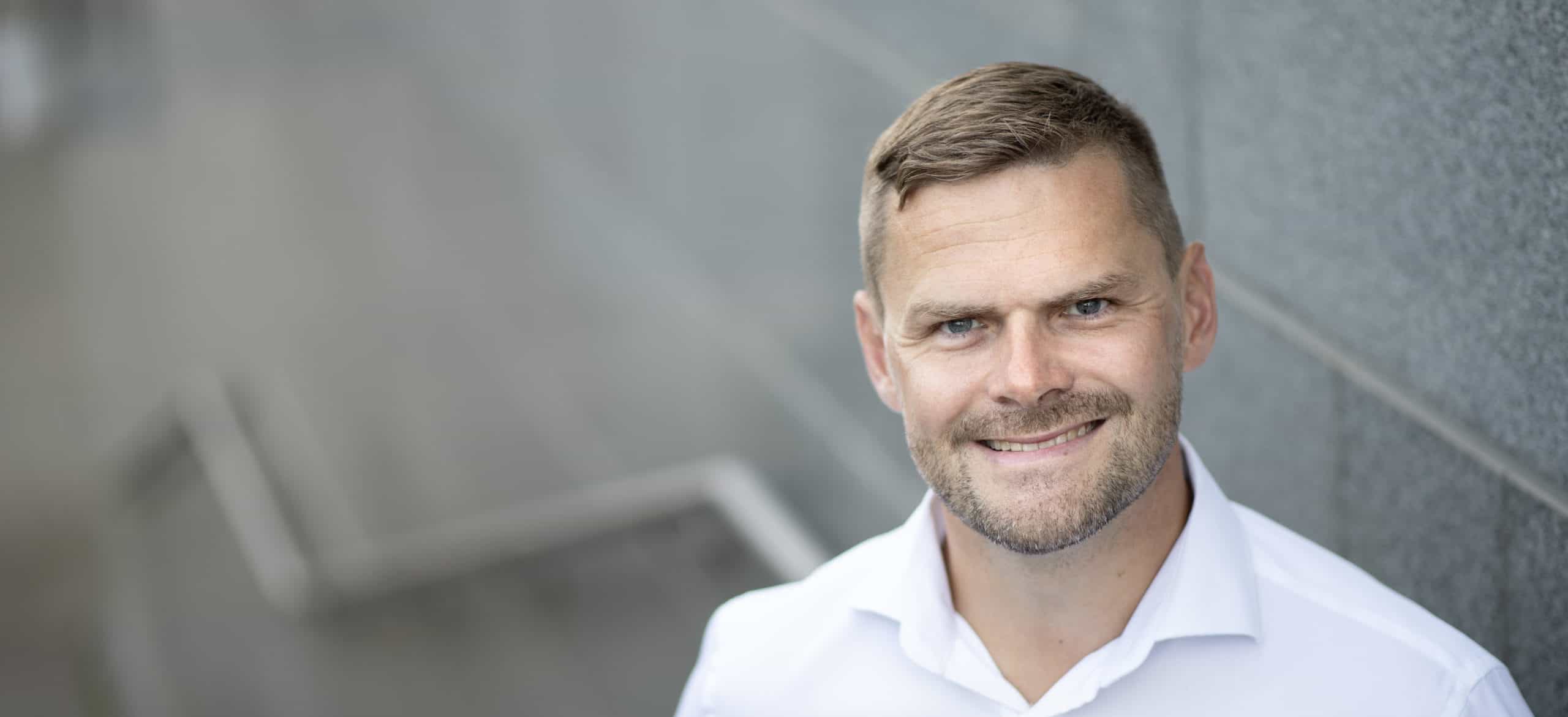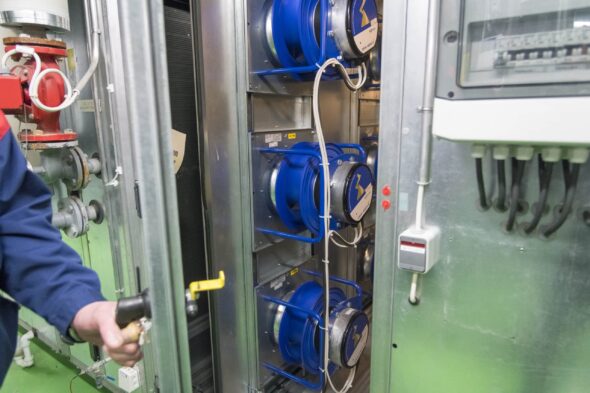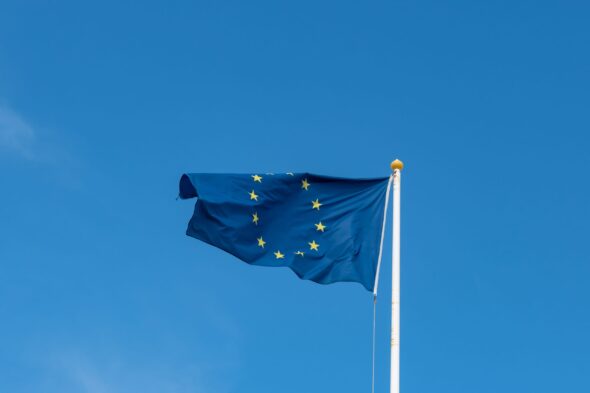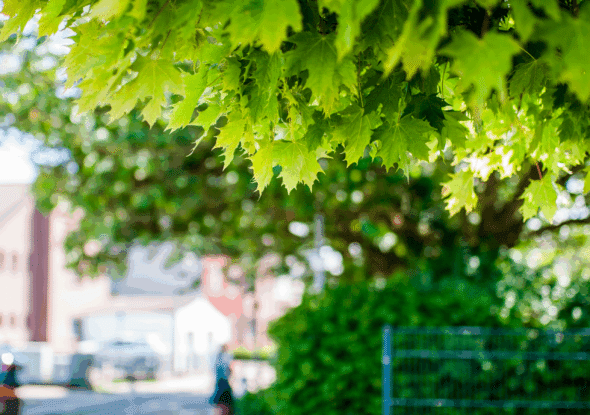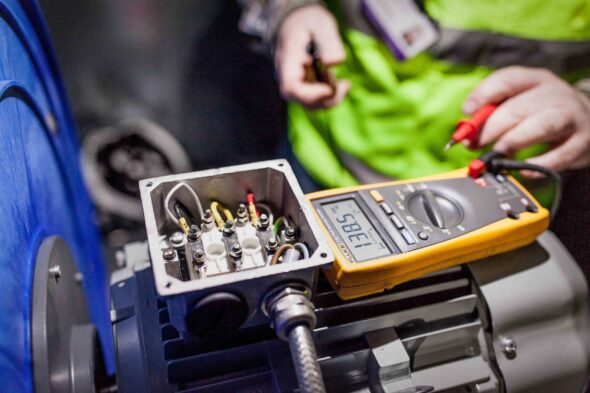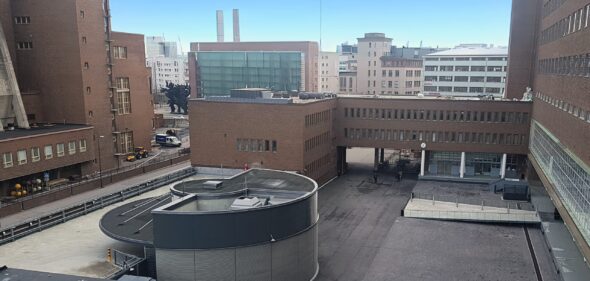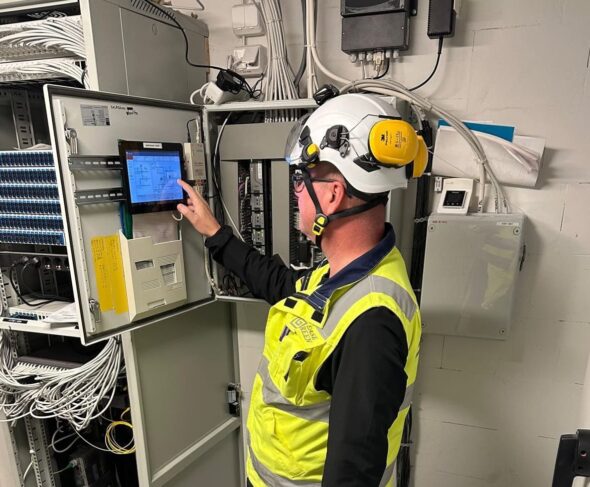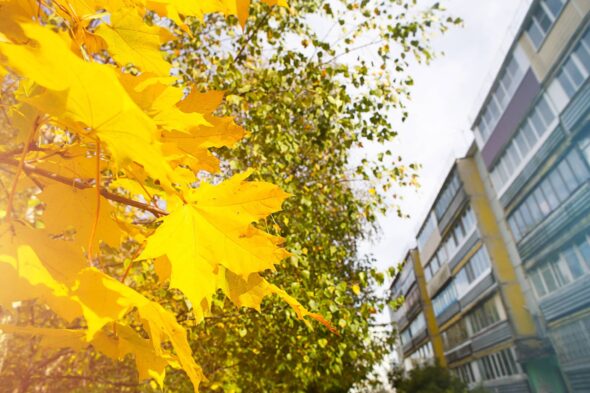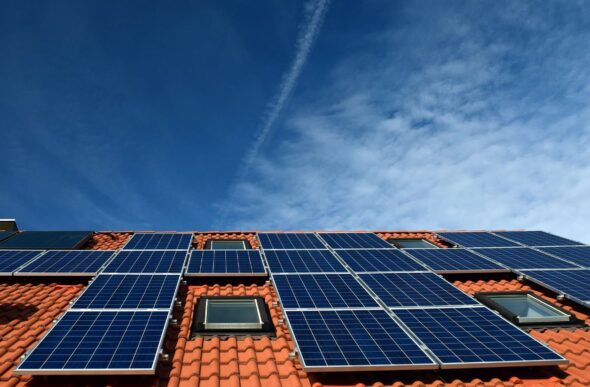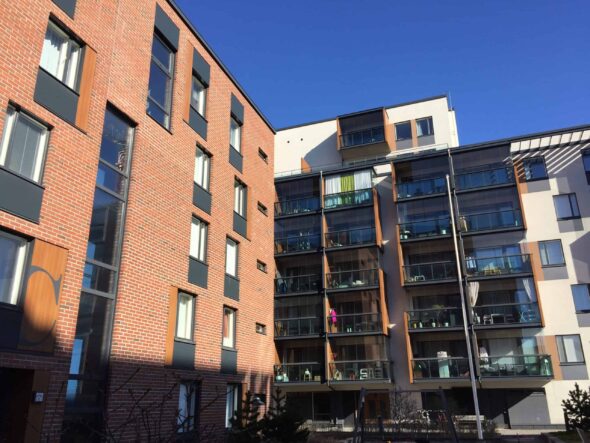The coronavirus will go away in time. Climate change will not. Emissions have fallen sharply, but they will return to their previous trajectory when the global economy recovers.
There is a fierce crisis at stake, the human and economic cost of which we cannot yet estimate. But there is a brighter side to this dark tragedy. These months have offered glimpses of what life would be like in a low-carbon world.
The skies have brightened in London, Milan, Shanghai and other metropolises around the world. Levels of harmful fine particles have fallen by several tens of percent. Car use has fallen dramatically and air travel in many places by more than 90%. People are planning their journeys carefully. Meetings and meetings are digitally managed. No need to spend working hours shifting around in a rush hour behind the wheel of a crawling car.
Many top executives used to flying all the time have found that they have had more time for both family and recovery. It’s more comfortable on a jog than at the airport.
I bet that the interest rate crisis will permanently reduce business travel and increase teleworking among Finns. If one or two working days per week are spent at home, traffic congestion will ease in the Helsinki region too. Air quality will improve, as will the quality of life.
Not everyone can telework, of course, but a surprising number can. Teleworking works when people are given meaningful work, power and responsibility. Finland has the best conditions in the world to succeed in the digitalisation process to reduce emissions, because we have fast networks and lots of people with initiative who know how to use digital technology and software.
Digital is one important piece of the puzzle that will help us reduce emissions, mitigate climate change and ultimately achieve carbon neutrality. Other big opportunities include the electrification of buildings for heating and transport and low-emission electricity generation. Investing in these areas is also the best idea to repair the economic damage caused by the interest rate crisis.
In the case of real estate, the return on investment is also excellent. Returns are high and payback periods are short. The scale of the work in Finland alone is huge, with around nine out of ten Finnish properties benefiting from a combination of smart digitalisation, energy efficiency and local low-carbon energy production.
The current building stock will still be almost entirely in use in 2035, when Finland should be carbon neutral. The best results will come from doing the most economically viable energy renovations first. Those projects or technologies that are not yet profitable will become profitable a little later.
Improving the energy efficiency of buildings is one of the cornerstones of the European Green Deal. The Green Deal is the EU’s recent growth strategy and a €100 billion financial package that will provide jobs for millions of European low-carbon energy and energy efficiency professionals.
Now that Europe is making a strong recovery, the recovery should be focused first and foremost on developing a new and better energy system. The Green Deal will combine economic and environmental benefits in an exceptional way and accelerate the development of clean technologies. The EU can rise back to the top of the world in renewable energy, energy efficiency and the circular economy. Finland can become a small green technology powerhouse through cooperation between government, universities and businesses.
Not everyone likes such ideas. Those who profit from the production and use of fossil fuels and their friends have hoped that the interest rate crisis would bring the world back to so-called basics. To put it in Finnish: investment in cleaner energy should be stopped because there is no more money for it. If this were done, the shadow that threatened the future of oil, gas and coal would recede.
I can see why a return to the old is tempting. But it would be an irresponsible choice that would ultimately be very costly for society as a whole. There are reasonably big issues at stake, such as water, food, safety and health. Finland cannot remain a bird’s nest if civilisation falters in areas of the planet that are becoming too hot and dry.
The author Thomas Luther is the CEO of LeaseGreen. LeaseGreen is a cleantech service company specialising in energy efficiency for large buildings and industrial processes.
